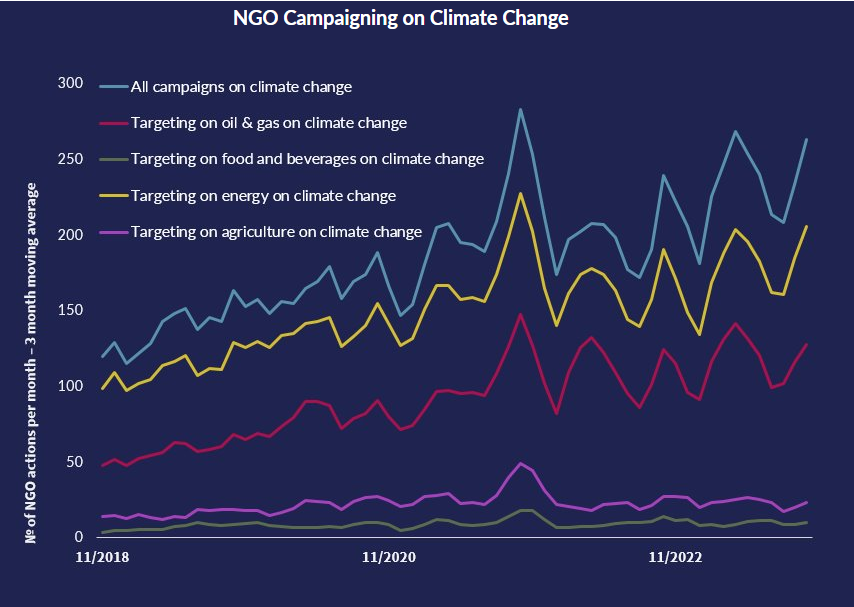Another year, another COP.
Every year, the United Nations Framework Convention on Climate Change organises the Conference of Parties (COP) – a global climate summit. The 1997 Kyoto Protocol, the 2015 Paris Agreement and the 2014 Lima Call for Action are important climate commitments formulated and agreed upon at respective COPs. One hopes COP28 is no different.
Generally, it is agreed to be the most important climate event of the year – a meeting where countries have historically reported on progress made, focused on stabilising greenhouse gas concentrations, and more recently approached the question of who is to bear the global burden of mitigating the impacts of climate change and financing adaption. An important recognition and theme in previous COPs has been finding the balance between economic growth and climate change. Industrialised countries or Annex 1 countries have a larger burden of responsibility in mitigating the crisis compared to less industrialised nations
Over the years, as global warming has intensified and major environmental disasters around the world have become more frequent, activist attention has sharpened, with campaigning on climate change spiking in the run-up and during the conference. COP26 and COP27 held in Glasgow and Cairo respectively received significant attention and the upcoming COP is unlikely to be any different.

COP28 is all set to be held in UAE from 30 November -12 December. While protests and demonstrations at the host country are not likely to be as widespread as those seen at COP26 in Glasgow, climate groups around the world will be watching the proceedings keenly. One highly controversial aspect of COP28 is that its president, Sultan Al Jaber, is also CEO of UAE’s national oil and gas company ADNOC. His appointment, announced at the close of COP27, was strongly criticised by environmentalists worldwide and by politicians in the U.S. and the European Parliament, with activists claiming that talks aiming to drive a shift away from fossil fuels cannot be taken seriously when chaired by the head of an oil and gas company.
It is also worthwhile to note that activists are paying attention to attendance at COP28. The presence of over 600 fossil fuel lobbyists at COP27 last year drew censure, with a spokesperson for activist groups monitoring participation at the climate summits calling the size of the lobby delegation a “twisted joke” comparing it to tobacco lobbyists attending a health conference. Following last year’s development, the UN announced earlier this year that oil and gas lobbyists attending the climate summit need to declare their affiliation at the time of registration.
Based on SIGWATCH data and tracking issue evolution in the year since COP27, we observe that scrutiny of climate pledges and their alignment with the Paris Agreement, Loss and Damage, fossil fuel financing, Just Transition adaptation financing, and financing climate mitigation pathways are among the issues to be discussed at this COP. Additionally, this past year activists have worked to bring closer the inter-linkage of climate change and biodiversity loss. Groups will most likely voice concerns over deforestation and droughts, and its impact on human life.
What our clients say
What our
clients say
“In our experience, SIGWATCH is one of the few sources of ESG data we can absolutely trust to be reliable.”
“Our company is based in Japan. Most employees are Japanese and we don’t really know what is happening around the world. SIGWATCH gives us visibility of the global ESG issues and trends we need to have on our radar.”
“With SIGWATCH, we’re able to absorb NGO data in an awesome way that
simply wouldn’t be possible otherwise. We can hear the NGOs’ voice, to better
strategize and get ahead of trending issues.”
“With social listening, we’re limited to knowing what people are saying only about OECD. With SIGWATCH, we see not only what is being said about us, but also what is being said about everyone else.”
“A lot is said and written about sustainability and ESG every day but no one,
apart from SIGWATCH, provides the big picture, SIGWATCH offers a comprehensive overview of what’s happening in the corporate sustainability
world rather than just a narrow snapshot.”
“SIGWATCH is a good source to show that NGOs are watching us and watching our clients, and we definitely need to be aware of the issues they are bringing up.”

